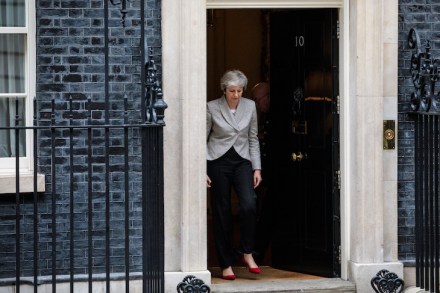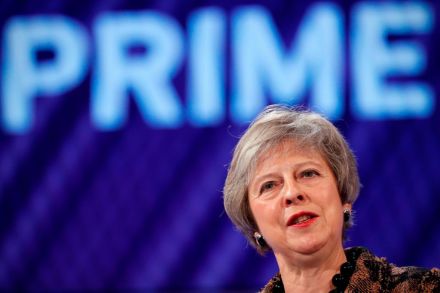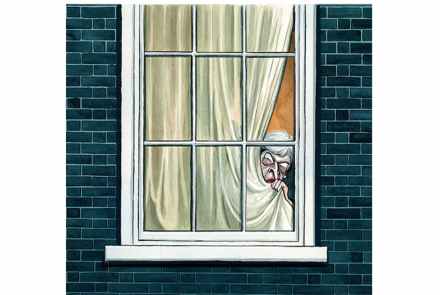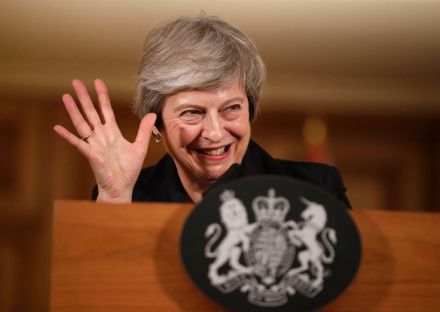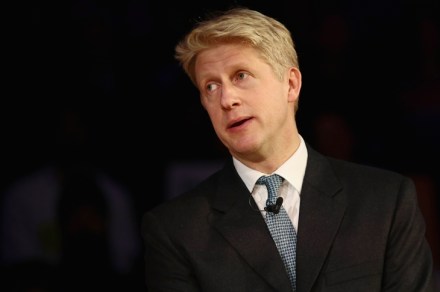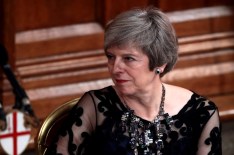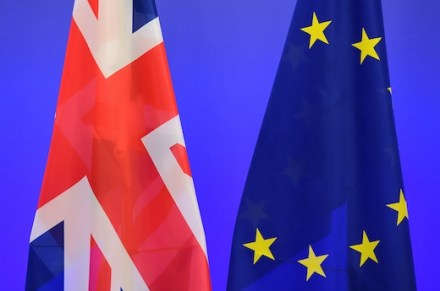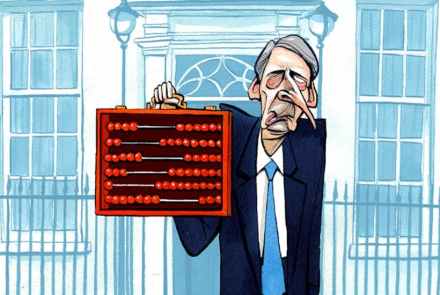Full text: Theresa May defends her Brexit deal in the Commons
At yesterday’s Special European Council in Brussels, I reached a deal with the leaders of the other 27 EU Member States on a Withdrawal Agreement that will ensure our smooth and orderly departure on 29th March next year; and, tied to this Agreement, a Political Declaration on an ambitious future partnership that is in our national interest. Mr Speaker, this is the right deal for Britain because it delivers on the democratic decision of the British people. It takes back control of our borders. It ends the free movement of people in full once and for all, allowing the government to introduce a new skills-based immigration system. It takes back





